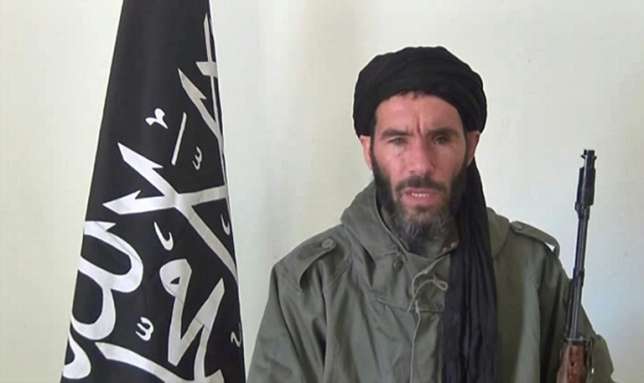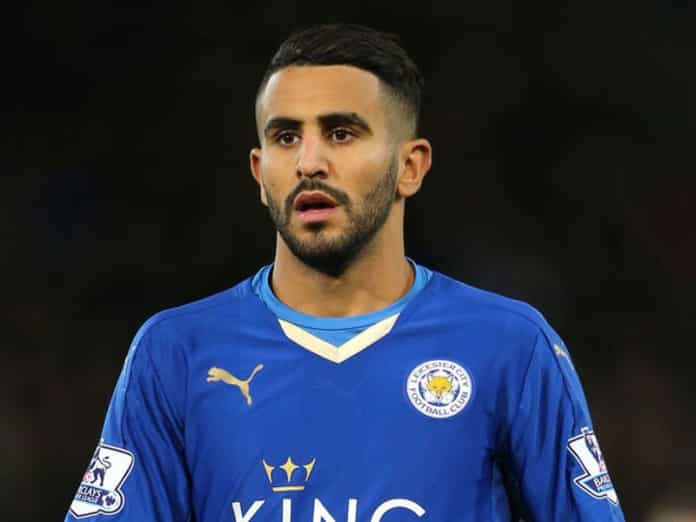Foreign Minister Catherine Colonna is expected in Rabat next week to prepare for a state visit by Emmanuel Macron which should take place in early 2023. Several issues of tension have poisoned the Franco-Moroccan relationship in recent months.
It’s a long-awaited thaw. Paris and Rabat abruptly resumed dialogue a few weeks ago after several months of tension. According to several sources, Emmanuel Macron and King Mohammed VI spoke by telephone on November 1 in view of a state visit by the French president, planned for several years already, which should take place at the very beginning of 2023.
To prepare for this state visit – the highest degree of protocol – Foreign Minister Catherine Colonna is expected in the Moroccan capital next Thursday and Friday. During a meeting scheduled with his Moroccan counterpart Nasser Bourita, the ministers “will discuss all the subjects of the bilateral relationship”, indicated a spokeswoman for the Quai d’Orsay.
Among these subjects, some will undoubtedly annoy. After the revelations of the Pegasus affair last year (Morocco allegedly wiretapped a thousand French people, including Emmanuel Macron’s phones), two files have poisoned the relationship between France and Morocco this year.
The “injury” of visas
The drastic reduction in the number of visas granted by Paris to the Maghreb countries, for more than a year, is experienced as “a wound for Moroccans”, estimates Abdelmalek Alaoui, president of the Moroccan Institute of Strategic Intelligence, a think tank based in Rabat. This decision was taken by Paris to protest against the reluctance of the kingdom to readmit its nationals in an irregular situation in France.
But it has aroused strong resentment among Moroccans – as among Algerians and Tunisians – especially among those accustomed to going back and forth with France for professional or family reasons. The call between Emmanuel Macron and Mohammed VI would have made it possible to unblock the dialogue between the interior ministers of the two countries.
The question of Western Sahara is much more thorny. In this nearly half-century-old conflict, Morocco opposes the UN solution of a self-determination referendum, arguing for interference from Algiers, which supports the separatists of the Polisario Front. Rabat expects from its allies clear support for its plan presented in 2007 which provides for a large autonomy to this province which would be under Moroccan sovereignty. “The Sahara issue is the prism through which Morocco looks at the world,” King Mohamed VI warned in August.
New French Ambassador
The United States passed the milestone at the end of 2020, and Spain, and Germany this year. But France is walking on eggshells, anxious to spare both Algiers and Rabat. It sticks to a position of compromise: the Moroccan autonomy plan is judged not as “the best solution”, but as “a basis for serious and credible discussions with a view to a negotiated solution”. Will Emmanuel Macron’s trip be an opportunity to clarify the French position? Nothing is less certain, while France and Algeria have shown their desire to relaunch their cooperation in recent months. A freshly welcomed honeymoon in Rabat.
In this context, both France and Morocco had no reciprocal ambassadors since the end of September. Sign of a resumption of dialogue, the Quai d’Orsay announced Thursday evening that the new French ambassador had received his approval from the Moroccan authorities. This is Christophe Lecourtier , current CEO of Business France. He could already be in a position to welcome Catherine Colonna on Thursday in Rabat.














